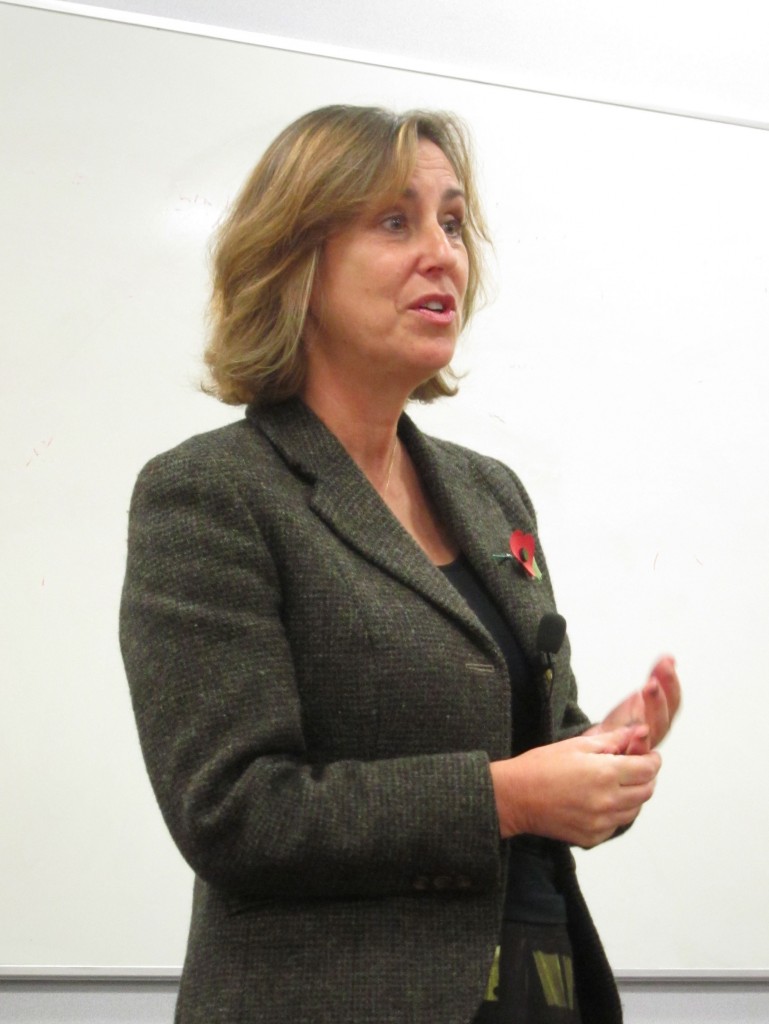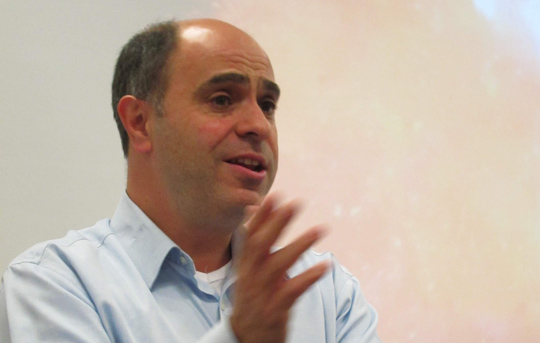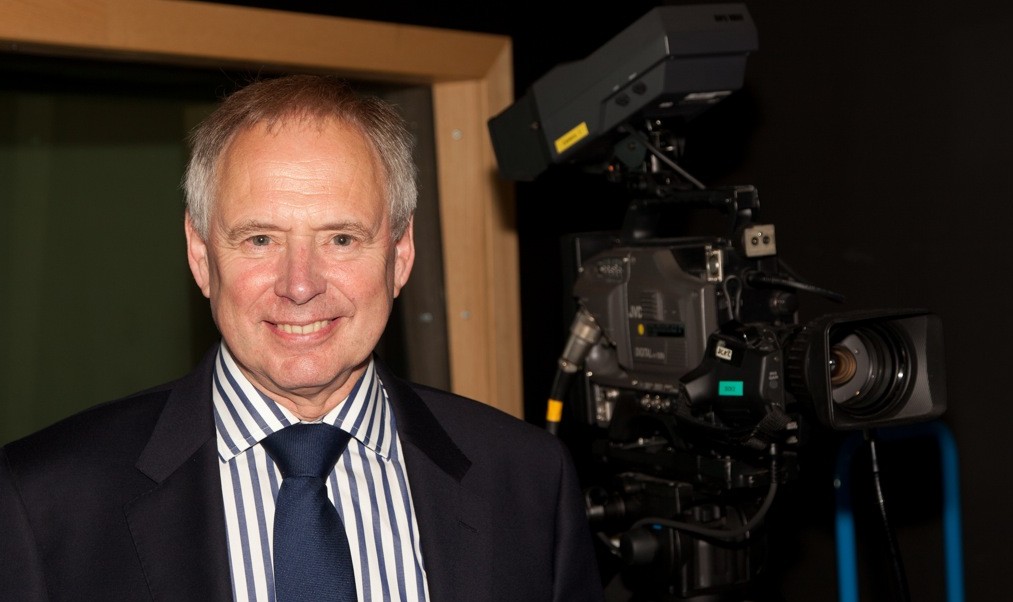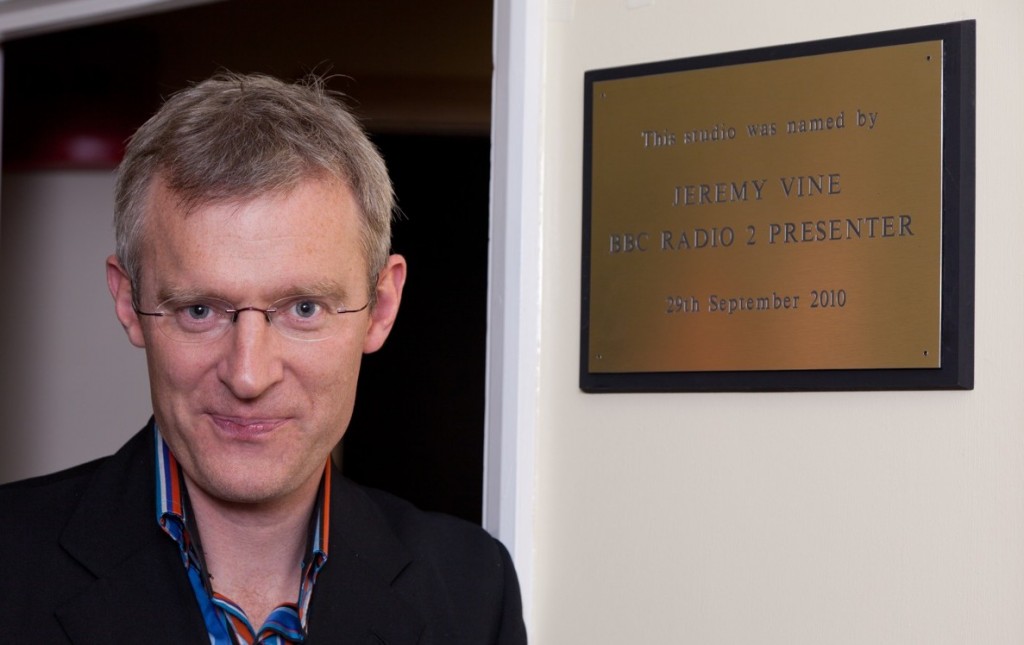John Mair is a judge for the Society of Editors’ Regional Press Awards, in the Young Journalist of the Year category. After trawling through nearly 200 articles by more than 60 young journalists, he offers a ten-step guide to getting ahead in regional news and taking home an award in the process.
1. Get the skills
Story-telling and accuracy are still key. So is shorthand
2. Get the stories
It seems bleeding obvious, but it’s what we do. Think of what makes a story and how you get it. Avoid “churnalism”, originality always shows.
3. Go off diary
The best tales are those which nobody else has. That “exclusive” tag at the top of the story is worth so much to the reader (and to you!).
4. Build a contacts book
It is still true that contacts tell you things (sometimes things that they shouldn’t). Good stories are not found in the newsroom but in the real world. Shoe leather still pays.
5. Use the internet
Surprising how many yet how few young journos use social media to get or enhance stories. Like it or not, this is the Facebook and Twitter generation (especially for young people). Most people are now are just a few clicks away.
6. Use the law, especially FOI
It’s fascinating how many stories in local papers are worked up from a hunch and a Freedom of Information request to the local hospital, police, council, etc . And you can always find anomalies in any set of disclosed documents or a story if they refuse you access. Tony Blair may have called it “my greatest mistake”, but FOI is a gold mine for journalists.
7. Don’t be overawed by the nationals
Some of the best stories are local angles on huge national stories, like Raoul Moat in Newcastle and Derek Bird in Cumbria. Local knowledge and door knocking always pays dividends in these situations. You and your paper can end up looking much better than the nationals.
8. Remember that the words are just the beginning
Attractive modern newspapers are about style and production. Side bars, standfirsts and explainers all to build the story. The reader is very busy and you must assume has attention deficit syndrome. Think of how you get some of their attention in a media-rich world
9. Multi skills
Have them. Very few of the sixty wannabes appeared to have audio and video skills. These will be the essential tools of the journalistic future, like it or not.
10. Read the rules properly
If you want to be reporter of the year than read the rules of the competition. If you can’t be bothered to submit your entry properly then why should I be bothered to judge it properly.





